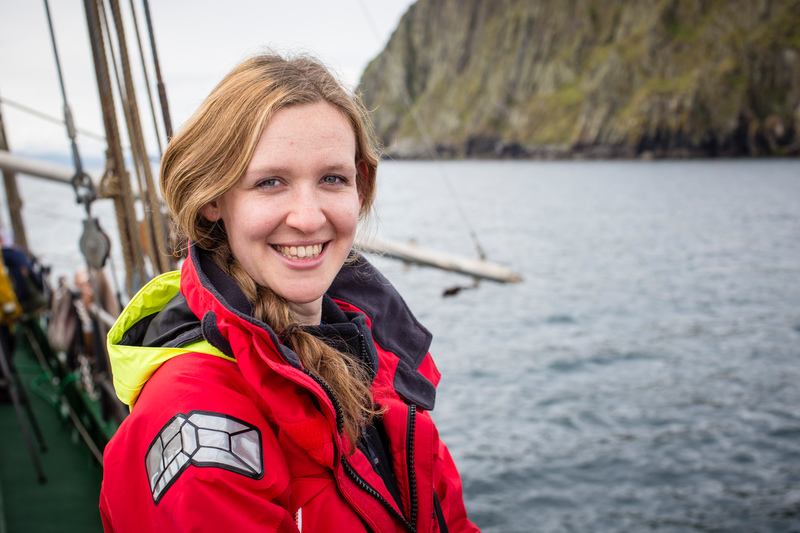July 2017
The Secretary of State said a lot of the right things but it was ocean campaigners that perhaps got the biggest boost. In response to a consultation on the issue, Michael Gove came forward with the government’s proposal to ban microbeads in legislation this year. At last.
And not just that, but he proposed the strongest ban on microbeads in the world to date. This means that personal care and cosmetic products covered by the ban which contain microbeads will be off the shelves by 30 June 2018 – one day before the same happens in the US. This is great news for our environment and a positive sign of Britain’s global leadership on ocean plastics.
Plastic pollution is one of the greatest threats facing our oceans. A whopping 8.3 billion tonnes of plastics has been produced in the past 60 years. That’s enough plastic to cover every inch of the UK ankle-deep more than ten times over. Yet the vast majority of all plastic made since 1950s has ended up polluting our land and seas or buried in landfill. A rubbish truck’s worth of plastic is entering our oceans every single minute, with devastating consequences for marine life. Plastic is even travelling back to our plates in seafood.
Microbeads rocketed into the public eye last year, with Greenpeace joining forces with excellent campaigning from Environmental Investigation Agency, Flora & Fauna International and Marine Conservation Society among other Link members. The idea of our oceans choking on plastic captured the public imagination, and following newspaper front pages and MPs across the political spectrum calling for action, the government was forced to act. Confirmation that this ban hasn’t been derailed by the political ups and downs of the last 12 months is a significant win to maintain momentum on the long road to end ocean plastics.
We still need to keep an eye on the details on the ban in legislation coming forward this autumn, and the cross-party group of MPs who have championed a comprehensive ban on microbeads will play an important role. It’s crucial that ministers have left the door open to broaden the ban in future to all products that go down the drain – not just products like body scrubs and shower gels that are classified as “rinse-off”. The government said that currently there is not enough evidence on which other products contain microplastics. So in addition to political lobbying, we also need companies to be much more transparent about when their products contain harmful microbeads.
It was also hugely welcome that Gove acknowledged the broader need to end ocean plastics, and specifically highlighted the problem of single-use plastic bottles. Plastic bottles are a major part of the problem of ocean plastics, and are one of the most common plastic items washed up on beaches worldwide.
With over 35 million plastic bottles sold daily in the UK, and nearly half of these not being recycled, government action can play an important role. Deposit return schemes, where a small refundable charge is placed on bottles which customers get back when they return the bottle for reuse or recycling, have boosted collection and recycling rates to over 80% in many countries across the world. Following strong political support to introduce a scheme in Scotland, Gove has now boosted the process in England, calling deposit return schemes a "great idea" that should be introduced “as soon as possible.”
It’s safe to say we’ll be keeping a close eye on Gove. He’s known for his intelligence, charm and determination to see through bold reforms - even in the face of strong opposition. His first big speech on the environment has given campaigners plenty of hope…and statements to hold him to. Watch this space - for his actions will speak much louder than words.
Louisa Casson
Oceans Campaigner, Greenpeace
Follow @LouisaCasson or @GreenpeaceUK
The opinions expressed in this blog are the author’s and not necessarily those of the wider Link membership.




Latest Blog Posts